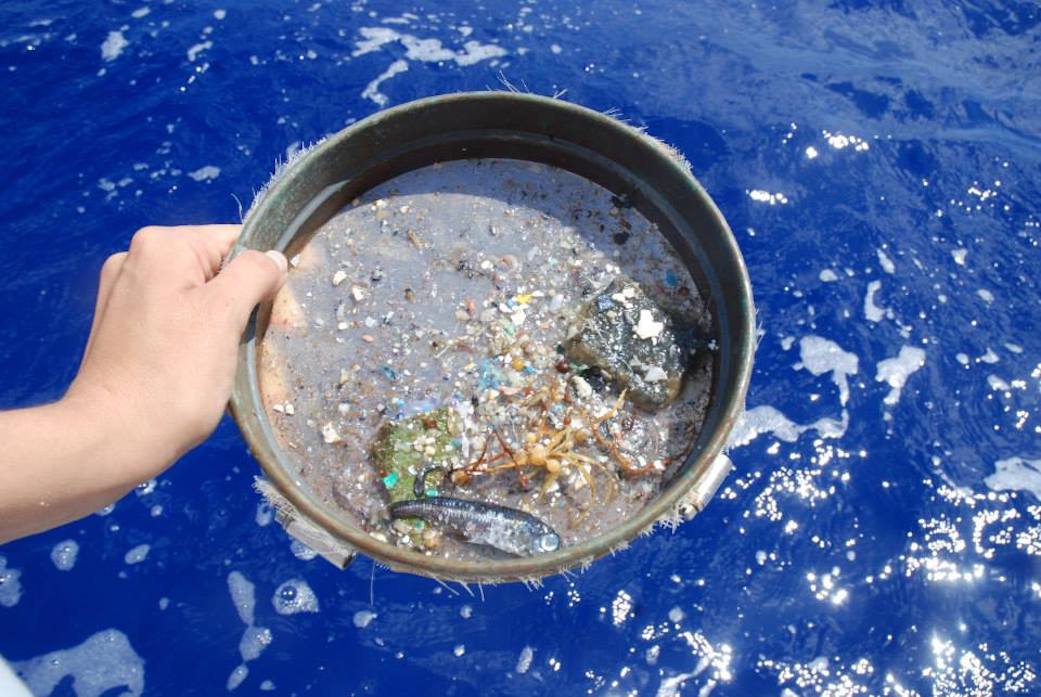
THE twin emergencies of climate and nature are “threats of existential proportions”, the environment minister has said following warnings that 90% of the plankton in the Atlantic may have been wiped out by chemical pollution.
The Edinburgh-based Global Oceanic Environmental Survey Foundation (Goes), which has spent two years sampling levels of plankton – the blanket term for the billions of organisms which inhabit the ocean and sustain marine life – has warned that “an environmental catastrophe is unfolding” and that “humanity will not survive the extinction of most marine plants and animals.”
Speaking to the Sunday Post, Goes marine biologist and former Scottish Government advisor Dr Howard Dryden commented: “Given that plankton is the life-support system for the planet and humanity cannot survive without it, the result is disturbing.
"It will be gone in around 25 years. Our results confirmed a 90% reduction in primary productivity in the Atlantic. Effectively, the Atlantic Ocean is now pretty much dead.”
Dryden added: “We cannot stop climate change by simply reducing CO2 emissions. However, we can clean up our pollution to give us clean air and clear rivers and bring life back to the oceans. We could potentially live with climate change, but we will not survive the destruction of nature. If we can bring back nature, though, we also solve climate change.”
Calum Duncan, Scottish conservation head at the Marine Conservation Society, also commented: “We need to tackle the climate and nature emergencies together by transforming both our land and sea use toward a truly sustainable and circular model.
“That includes turning off the tap on all damaging pollutants, both atmospheric and waterborne, and suitably protecting all of our ocean. However, with less than 1% of our seas under high levels of protection, we have a long way to go.”
Responding to Goes’ report, Scotland’s environment minister Mairi McAllan told the National: “We are in no doubt that the twin climate and nature emergencies are threats of existential proportion. That’s why Scotland has legislated for some of the world’s most ambitious climate change targets and we are already more than halfway to net zero. Equally, Scotland is renowned worldwide for the environmental quality of our rivers, lochs and seas, and the Scottish Environment Protection Agency (SEPA) classifies 87% of our waterbodies as having ‘good’ water quality.
“Sustainability, support for biodiversity and consideration of the wider ecosystem is at the heart of how we manage Scotland’s waters and seas. Scotland’s Marine Protected Area (MPA) network already covers in excess of 37% of our sea area, exceeding the proposed new global target of 30% coverage by 2030.”
McAllan highlighted the Scottish Government’s commitment to designating Highly Protected Marine Areas (HPMAs) covering at least 10% of Scotland’s inshore and offshore waters before the end of the current parliamentary term, as part of the Bute House Agreement with the Scottish Greens.
The Scottish Government’s new biodiversity strategy will be published later in 2022 and will, according to McAllan, set out the “transformative changes needed in order to protect and restore terrestrial, freshwater and marine biodiversity in Scotland.”







